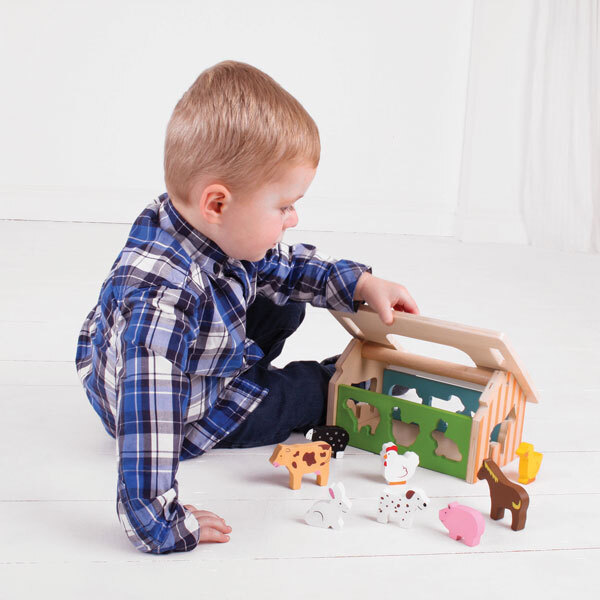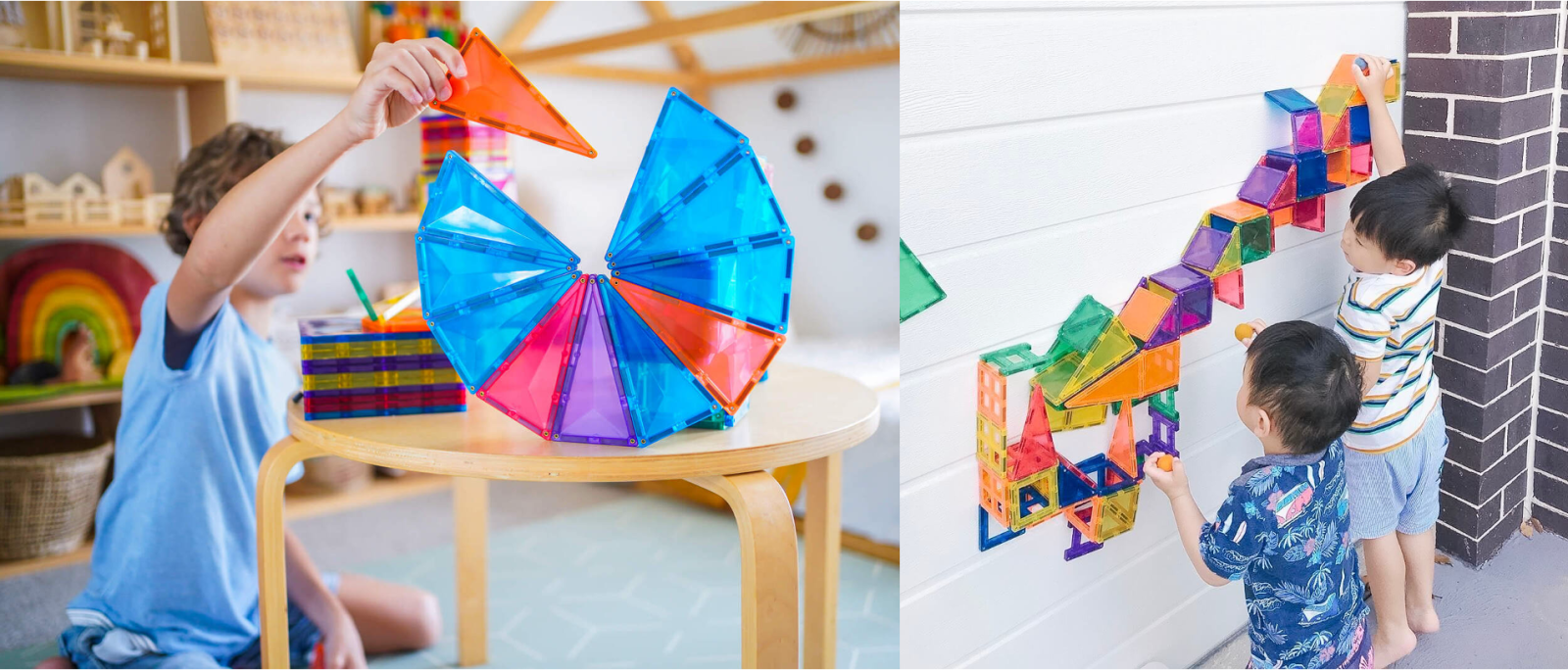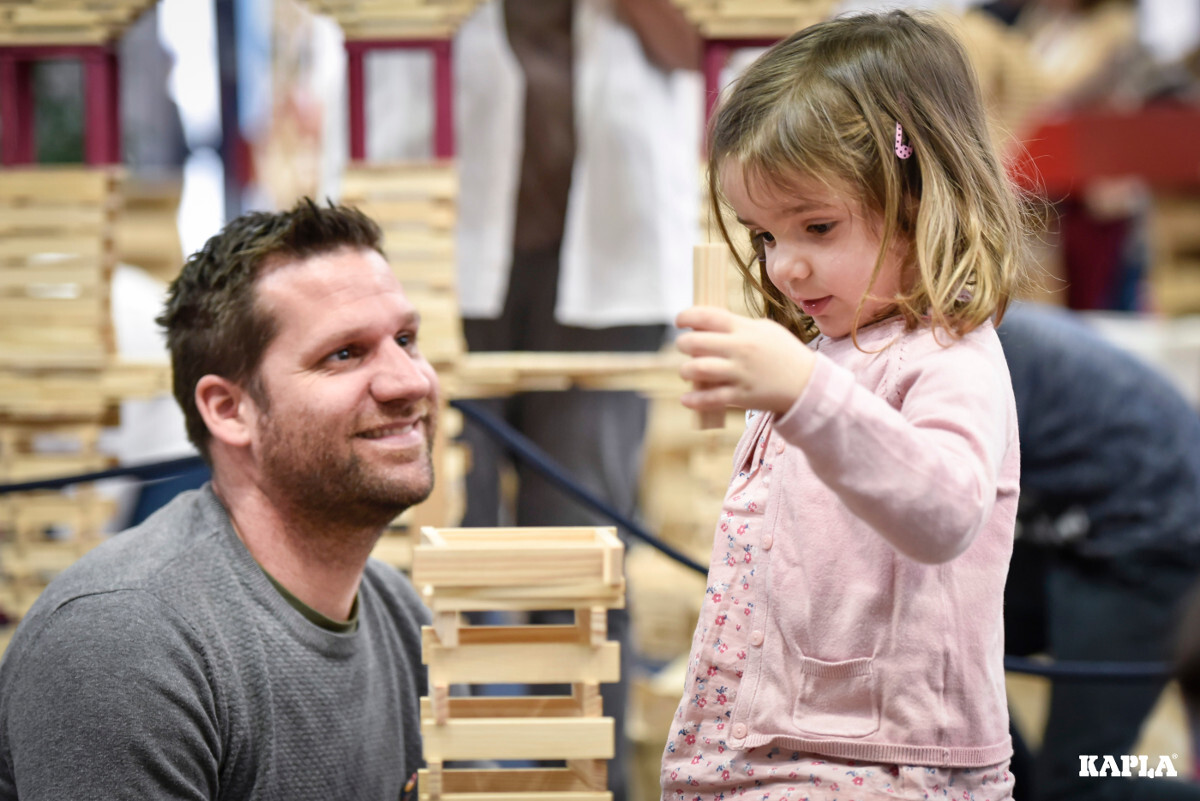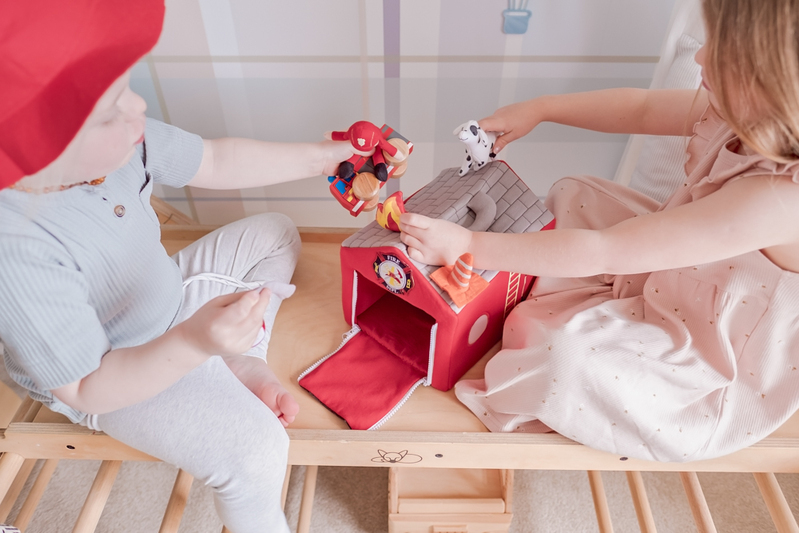What are the principles of learning through play?
Date Posted:18 May 2023
Learning through play is an approach to education that recognizes the importance of play in a child's development. Learning through play is an effective way of educating children and can be beneficial for adults as well. It combines the natural inclination of children to explore and engage with their environment with intentional learning experiences. The principles of learning through play can vary slightly depending on the specific educational philosophy or framework, but here are some common principles:
1. Active engagement: Play involves active participation and engagement from the child. They are encouraged to explore, manipulate, and interact with materials, objects, and other individuals. This hands-on approach fosters a deeper understanding of concepts and promotes critical thinking skills.
Image: Fat Brain Toy Co. Squigz 2.0 36pc Set
2. Intrinsic motivation: Play is inherently enjoyable for children. They are naturally motivated to engage in play activities because it brings them pleasure, satisfaction, and a sense of accomplishment. Learning through play capitalizes on this intrinsic motivation, creating a positive and enjoyable learning experience.
Image: Bigjigs Toys Farmhouse Shape Sorter
3. Child-centeredness: Learning through play recognizes the unique needs, interests, and abilities of each child. It respects their individuality and provides opportunities for them to make choices, express their ideas, and pursue their interests. The activities and materials are designed to be developmentally appropriate and relevant to the child's stage of learning.
4. Holistic development: Play-based learning acknowledges that children's development is multifaceted. It addresses various domains of development, including cognitive, physical, social, emotional, and creative aspects. Play provides a rich context for children to practice and enhance their skills across these domains.
Image: Connetix Tiles Rainbow 100 Piece Creative Pack
5. Scaffolding and guidance: While play is child-centered, it doesn't mean that adults have no role to play. Educators and caregivers provide support, guidance, and scaffolding to enhance the learning experience. They observe, ask questions, encourage problem-solving, and offer assistance when needed, promoting higher-level thinking and skill development.
Image: KAPLA Planks 1000 Case, 1000pc Plain Plank Set
6. Contextual relevance: Learning through play emphasizes meaningful and relevant experiences for children. The activities and themes are often connected to the child's real-life experiences and cultural context, enabling them to make connections and apply their learning to the world around them.
Image: Bonikka Pink Outfit Baby Doll with Knitted Carry Cot
7. Collaboration and social interaction: Play-based learning recognizes the importance of social interaction and collaboration in a child's development. Play provides opportunities for children to interact with peers, negotiate roles, share ideas, and engage in cooperative problem-solving. These interactions foster social skills, empathy, communication, and teamwork.
Image: Bonikka Fabric Fire Station Set
8. Flexibility and open-endedness: Play-based learning embraces flexibility and open-endedness. It allows children to explore multiple possibilities, experiment, take risks, and learn from their mistakes. There is no predetermined outcome or rigid structure, encouraging creativity, innovation, and divergent thinking.
These principles collectively create a learning environment that is engaging, meaningful, and conducive to the holistic development of children. Learning through play recognizes the innate curiosity and abilities of children and harnesses them to facilitate effective and enjoyable learning experiences. Overall, learning through play promotes a positive attitude towards learning and helps to develop critical thinking, problem-solving, creativity, and social skills.
At Rainbow Fun, we offer a collection of Educational Toys, Pretend Play Toys, Wooden Toys, Games and Puzzles, and Outdoor Toys that facilitate learning through play.
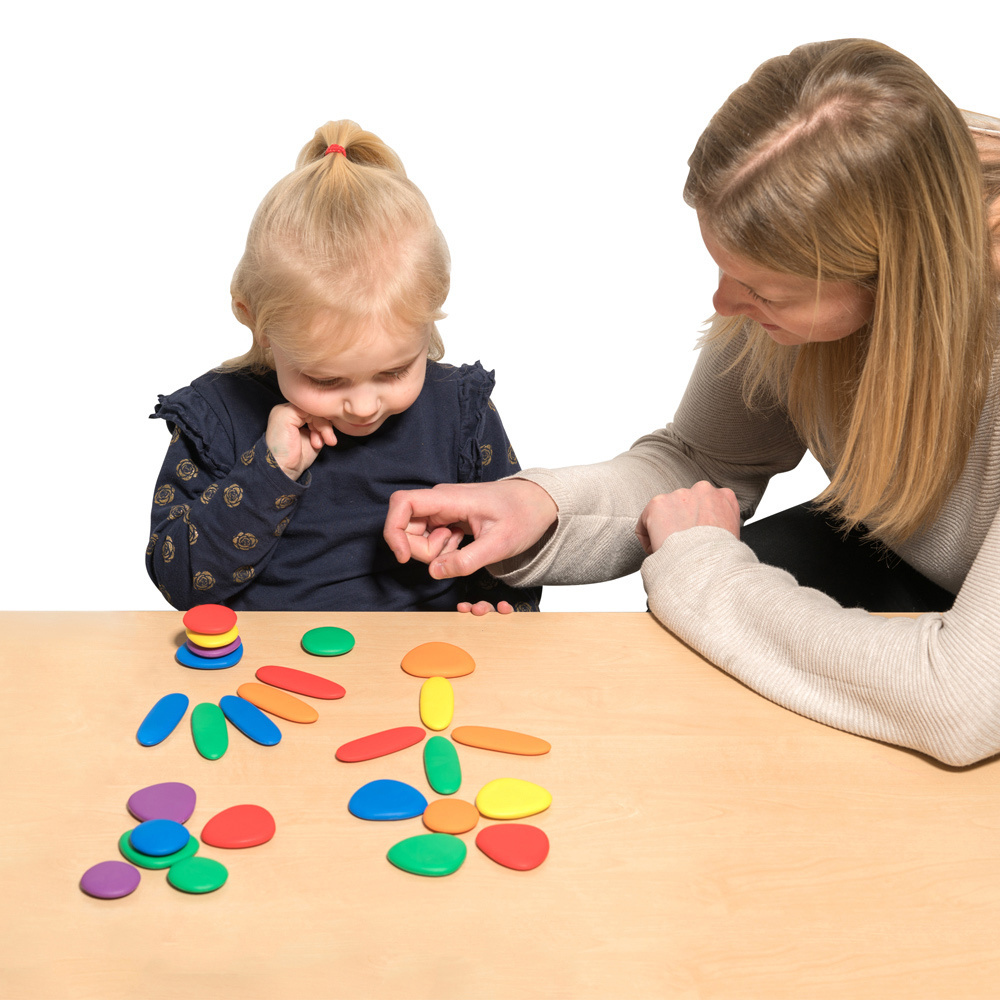
Image: Edx Education Junior Rainbow Pebbles Early Construction Set

.jpg)
